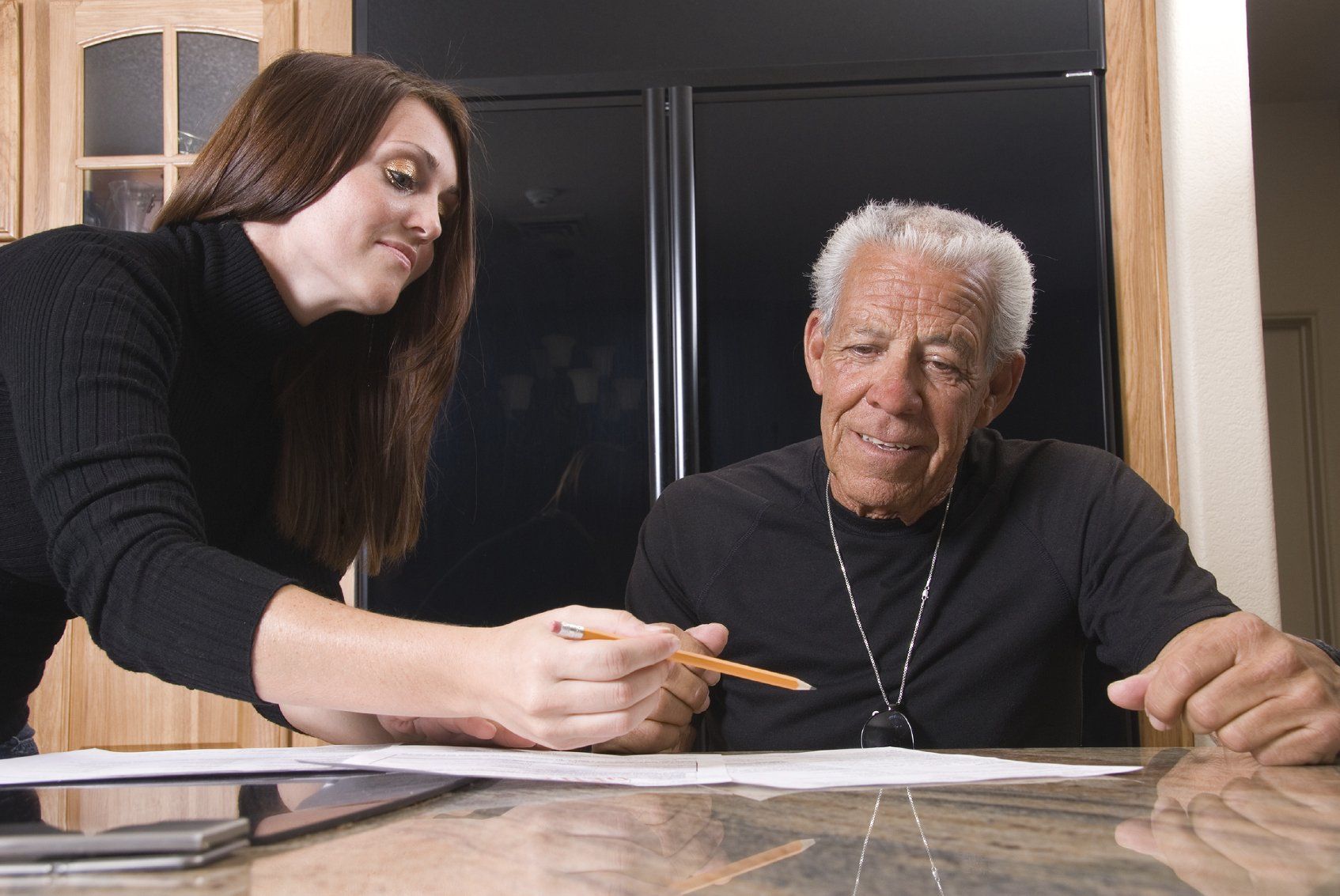What Is an HOA, or Homeowners Association?
You find the perfect house, but it’s in a community with an HOA. What does that mean, exactly, and how much will it cost?
When searching for a home, knowing everything you can about the home and the neighborhood you may move into is important. One thing that home buyers should look for is whether or not they would like to live in a neighborhood or community with an HOA. HOA stands for Homeowner’s Association, and many homes are located within HOAs due to their rise in popularity in recent years.
Common Questions About HOAs
What is an HOA?
HOAs are a group of Homeowners in the area that are typically elected or volunteered. Then they form a board of directors that govern common interests in their community or neighborhood. Homeowners in areas with HOAs typically have to pay fees to cover the use and maintenance of amenities in the area. For example, if you owned a home with an HOA in a community or neighborhood with a pool and park, you would be paying the fee for the maintenance of that pool and park. The board of directors for the HOA will not receive any of the money from the monthly fees; they are unpaid. Instead, the fees go to the maintenance, and the HOA makes decisions on the maintenance that needs to be done and who should do it.
How much do HOAs cost?
HOAs usually charge a fee monthly. How much this fee is will depend on where you live. Therefore, the cost of every HOA fee varies drastically. But if you want to live in a neighborhood with an HOA, expect the fees to typically cost you hundreds of dollars a year.
What do HOA fees cover?
HOA fees typically cover:
- Maintenance of Pool
- Maintenance of Parks
- Trash Removal
- Landscaping of Community Areas
- Pest Control of Community Areas
What are the typical responsibilities of an HOA?
The responsibilities of the HOA include the maintenance of the neighborhood along with making any rules that serve common interests. For rules, the board of directors would be responsible for setting these rules as well as listening to complaints from the community and handling them. Plus, if a community member broke a rule, they would be in charge of notifying them and/or issuing them a fine. Along with maintenance and rules, HOA board members are also in charge of holding meetings to address issues and concerns with everyone in the neighborhood. These meetings would be open to the community who pays fees, so anyone should be able to voice any concerns they have. And if you don’t like the board of directors for the HOA in your area, it’s important to note that you can always volunteer to join or be elected to the board.
What are some pros and cons of having an HOA?
No matter what choice you make in life, there are always some pros and cons. It’s up to you to determine whether the pros outweigh the cons of living in a community or neighborhood with an HOA. The pros of the HOA are that the amenities in your area, such as the pool or the park, will be maintained and taken care of. A con of an HOA could be the excessive number of rules those amenities may have because of the HOA.
Something that could be a pro or a con of having an HOA is the monthly fee you have to pay. The HOA fee could be a pro because of everything it covers, but it could be a con if it costs too much or the HOA does not keep up with maintenance or residents of that area like they are supposed to. One final con is that the HOA may issue too many fines, such as you not maintaining your lawn or having a clothesline, or even having too many pieces of outdoor furniture. If your HOA is like this, you may not enjoy living in your home. That’s why it’s important to talk to your neighbors about the HOA before buying the home.
Whether you’re buying a house for the first time or the third time, it’s essential to know whether or not your home is in an HOA to ensure you and your family are getting the perfect experience inside and outside your home.
Source: Homes.com
Dusty Rhodes Properties is the Best Realtor in Myrtle Beach! We do everything in our power to help you find the home of your dreams. With experience, expertise, and passion, we are the perfect partner for you in Myrtle Beach, South Carolina. We love what we do and it shows. With more than 22 years of experience in the field, we know our industry like the back of our hands. There’s no challenge too big or too small, and we dedicate our utmost energy to every project we take on. We search thousands of the active and new listings from Aynor, Carolina Forest, Conway, Garden City Beach, Longs, Loris, Murrells Inlet, Myrtle Beach, North Myrtle Beach, Pawleys Island, and Surfside Beach real estate listings to find the hottest deals just for you!
Share





